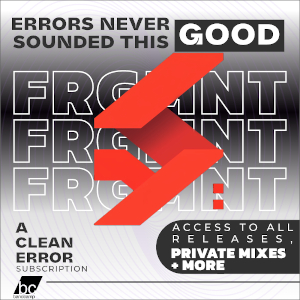Arrythmia has the earmarks of modern classical composition couched in contemporary electronics, giving it a slightly academic, linear feel. Like the title implies, the tracks are all largely beatless, dry (i.e. no reverb) affairs that stab, stagger and bounce across the sonic spectrum like the soundtrack to a Sudafed overdose.
The bulk of electronic music listened to in the Western world—and arguably the rest of the world—comes from the UK, America and Germany. The rest is mostly from smaller European countries with a significant amount coming from Asia, especially Japan. Thus the music tends to be influenced and informed by largely western ideas and musical concepts though the influence of other elements are also present. But it’s safe to say that it’s all mostly western music made by westerners for western ears. The new Sote album Arrythmia is an interesting hybrid affair drawing on a number of cultural influences.
Arrythmia is the tenth album by the composer and sound designer Ata Sote Ebtekar who is from Iran but splits his time between Tehran and San Francisco. His background is important to know in that it provides somewhat more context to the music than if it were written by a Caucasian from Manchester, Brooklyn or Oakland, say. The album by no means an easy listen. It has the earmarks of modern classical composition couched in contemporary electronics, giving it a slightly academic, linear feel. Like the title implies, the tracks are all largely beatless, dry (i.e. no reverb) affairs that stab, stagger and bounce across the sonic spectrum like the soundtrack to a Sudafed overdose. But it’s not a bad listen though it is challenging.
“Exciters” opens up with a loping, staggered rhythm that coalesces into something in the realm of 4/4 is it was a 4/4 tempo after being roughed up with a 2×4. “Doid” continues the rampage with digital textures that buzz and saw along while detuned bells ring out like wind chimes recovering from a category 5 hurricane. “Tabula Rasa” has a slightly gentler tone to it though the detuned elements continue Arrythmia’s delirious feel. “MbLFO” feels like a bee attack with one of the albums few percussive elements pounding away. “Meteora” sounds like something Kraftwerk might do as intro music with its spare use of short reverb and slap delays. “Lacuna” provides more percussion, reminding one of Einsturzende Neubauten or Laibach even though I must say it bears the strongest resemblance to the freaky glitch industrial techno of underground outsider musician Ukuphambana—that is before it transforms into something not unlike late period Tangerine Dream. The entire album contains numerous references to modern composers in both the classical and electronic realm while maintaining a unique and intriguing body of work all of its own.
Arrhythmia is available on Record Label Records.






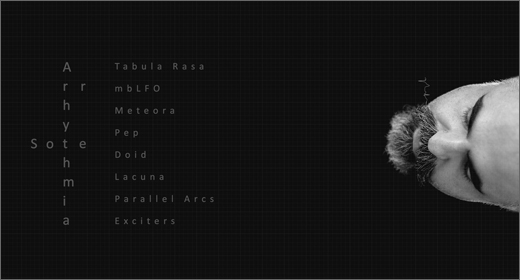



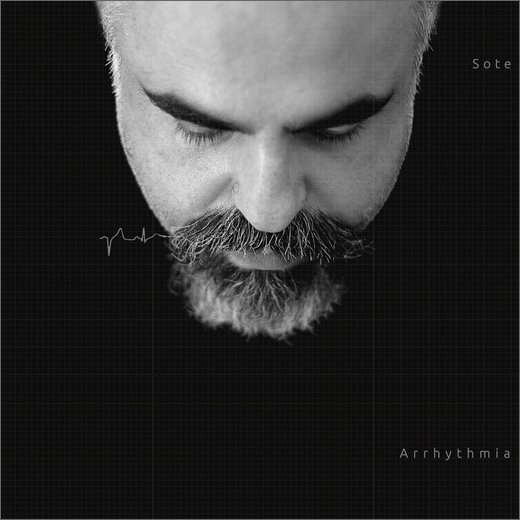


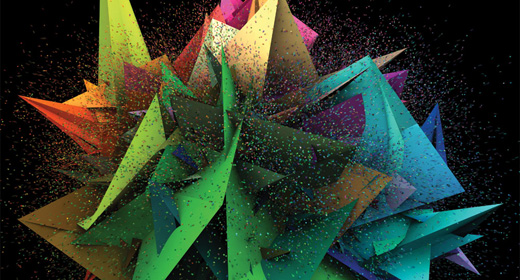
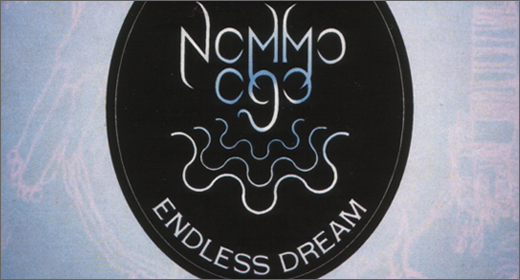
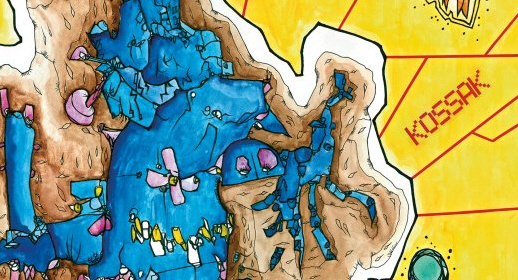
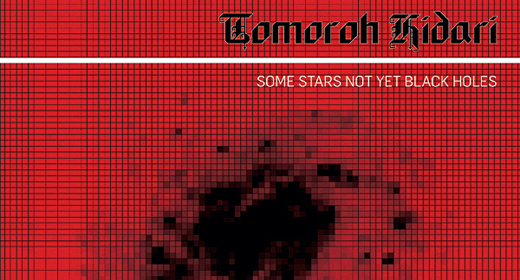
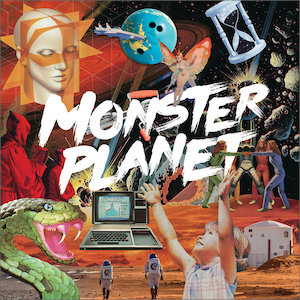


![Luke’s Anger :: Ceiling Walker EP (Love Love) — [concise]](https://igloomag.com/wp/wp-content/uploads/2025/04/lukes-anger-ceiling-walker-vinyl_feat-75x75.jpg)

![Ndorfik & madebyitself :: Solos EP (People Can Listen) — [concise]](https://igloomag.com/wp/wp-content/uploads/2025/04/ndorfik-madebyitself-solos_feat-75x75.jpg)




